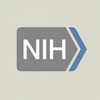NIH Library Webinar—Data Sharing: Generalist Repository Ecosystem Initiative (for NIH staff only)
Tuesday, October 22, 2024
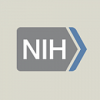
Tuesday, October 22, 2024

Tuesday, October 29, 2024
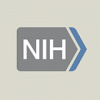
Wednesday, November 13, 2024
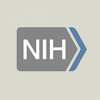
Thursday, November 21, 2024
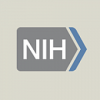
Monday, December 9, 2024

Monday, December 9, 2024
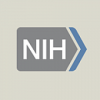
Monday, January 13, 2025
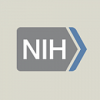
Wednesday, March 5, 2025
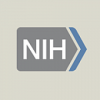
Tuesday, March 11, 2025
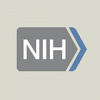
View How to Share Data in Generalist Repositories: New GREI Resources for Researchers and Librarians
Tuesday, March 11, 2025
